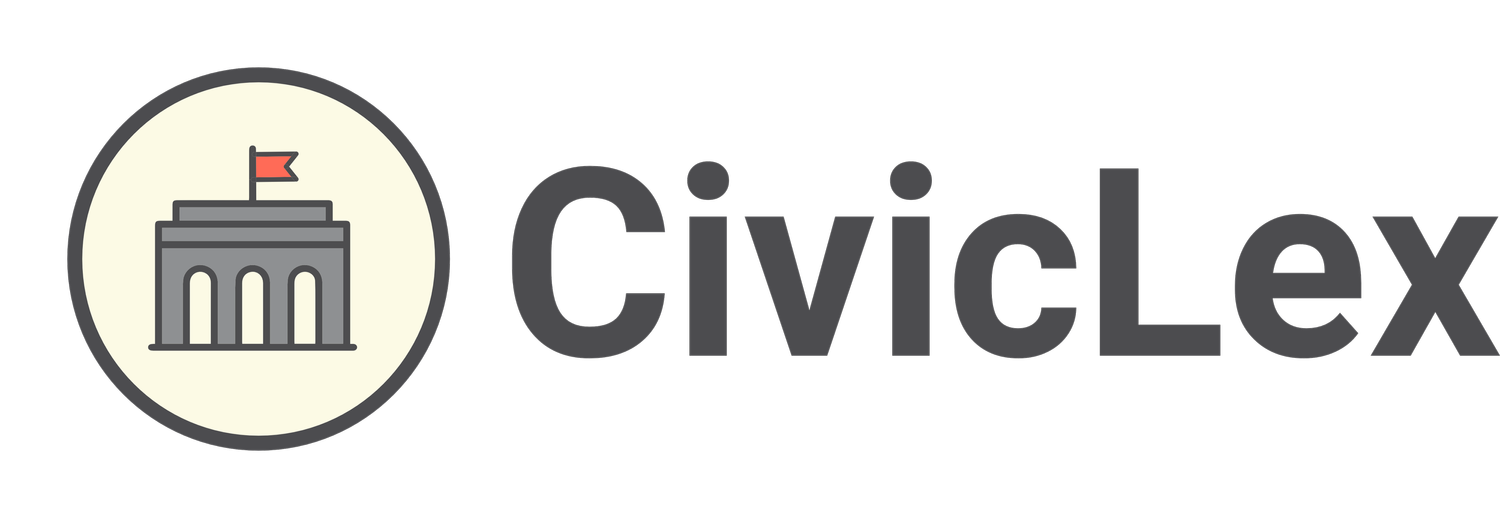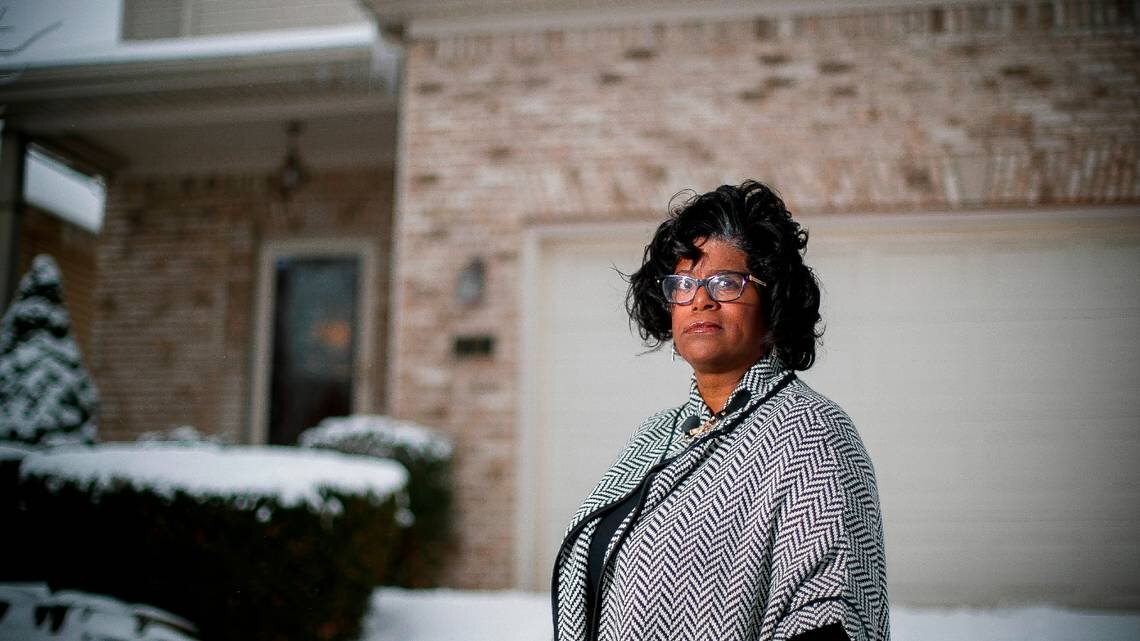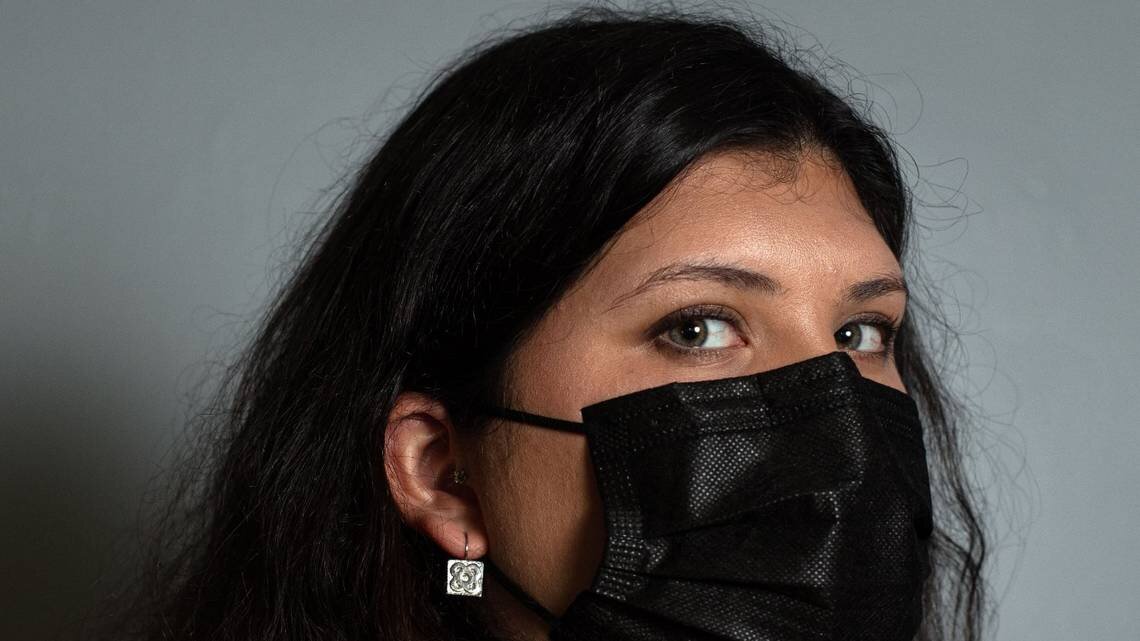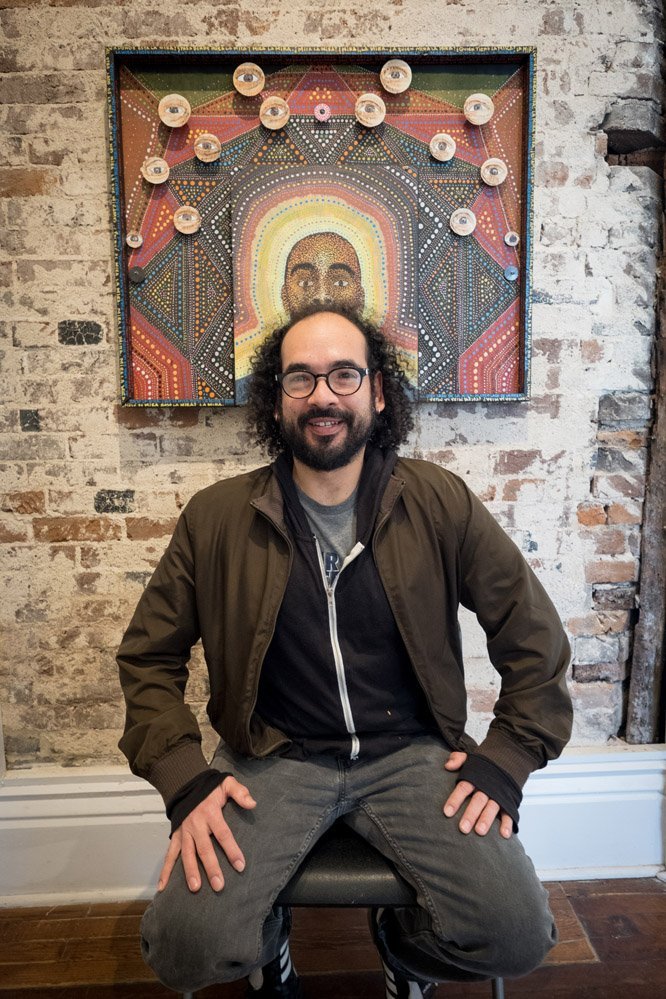
The Our Voices Project was a community forum developed in partnership with the Lexington Herald-Leader, Key Newsjournal & Key Conversations, and RadioLex.
Our Voices was designed to lift up the voices that we need to hear from in a moment of reckoning with systemic racism - those most marginalized and impacted.
Jump to:
Housing & Gentrification | Economic Opportunity | Education | Health Disparities | Law Enforcement, Justice, & Accountability | The Our Voices Team
Housing & Gentrification
Housing affects so much about our lives - where our kids go to school, how safe it is for us to walk down the street, what jobs and healthcare we have access to.
For the past hundred years, policies our communities have adopted like segregation and redlining, as well as market forces like gentrification have eliminated the ability for people of color and those at the margins to choose where they live. Disinvestment and displacement have forced negative outcomes onto these communities in a far-reaching way - everything from health and education, to personal safety and financial security.
In this section of Our Voices, we'll be hearing from authors who've been directly impacted by issues of housing and gentrification, sharing their experiences of the ways these issues has impacted their lives.
Our Voices | Our Radio, presented by RadioLex
Chapter One: Housing & Gentrification
Jaria Gordon
Nam Oshun
Sarah Williams
Mizari Suarez
Economic Opportunity
For many, Economic Opportunity is seen as the bedrock of American life. Every year, people come to this country seeking prosperity and the promise of a better life.
But our country’s history is rooted in unequal access to economic opportunity. For so many individuals from racialized communities, the ability to build wealth and prosperity has been blocked by laws, policies, and other systemic issues. This inequity has led to an extraordinary racial wealth gap.
In this section of Our Voices, we'll be hearing from authors who've been directly impacted by issues of racialized economic disparity, sharing their experiences of the ways these issues has impacted their lives and how they have preserved.
Education
America’s public education system is built to be ‘the great equalizer’. Many of us consider our country’s commitment to a free education as a bedrock of American society, yet we are one of the very few nations on Earth to not explicitly say the word ‘education’ in our constitution.
It should be no surprise that the racialized inequities that link all parts of our society snake their way throughout the education system. In Lexington, your race can be linked to the severity of your discipline in Fayette County Public Schools as much as it can your likelihood to have an advanced degree.
In this section of Our Voices, six writers share their personal experiences with systemic and targeted racism in the education system in Fayette County.
Health Disparities
Health is intimately personal for all of us. For generations, many have said that health outcomes are linked to personal actions and choices - diet, exercise, and more. But over the last few decades, research has shown a consequential link between the social construct of racial identity and health outcomes than behavior alone.
The reason for differences between health outcomes of white communities and black communities are clear and transparent: health is downstream of all other inequities that exist between our communities - economic stability, education, food access, community safety, and more. But even in our health care system itself, we see shocking disparities in access and outcomes.
In this round of Our Voices, five writers share their personal experiences with disparities in Fayette County’s health system.
Law Enforcement, Justice, & Accountability
The invention of the cell phone changed our lives in immeasurable ways, but there might not be anything as important as how it showed us the truth about law enforcement and police violence.
Those handy photo and video apps allowed real time documentation of injustice that white society could not longer ignore. For people of color, of course, police brutality and a skewed justice system were routine and obvious, but for many white people it was inconceivable that officers of the peace beat, menaced and killed people until the video evidence made it explicit. The video of George Floyd being murdered by police officer Derek Chauvin is paramount, but there are countless other examples, such as a South Carolina police officer Michael Slager shooting Walter Scott eight times in the back as he fled a traffic stop.
Today, you can read about how our police and justice systems have affected people of color in our communities in the fifth round of Our Voices, the joint project between the Herald Leader, RadioLex, Key NewsJournal and CivicLex to feature marginalized voices during a time of racial reckoning.
Project Team
Linda Blackford is a columnist and opinion editor at the Lexington Herald-Leader. She has worked for the Herald-Leader for over 20 years as a journalist and opinion writer, and has covered higher education, politics, government, and many other Lexington issues.
Sister Patrice K. Muhammed is co-founder of LexTown Media Group. She is also a communications professional, journalist, seminar leader, and business manager. Patrice has lived and worked in Lexington for over 15 years.
Peter Baniak is the Editor and General Manager of the Lexington Herald-Leader. He has worked for the Herald-Leader for over 25 years, starting as an intern and then a city hall reporter, eventually becoming vice president and now editor of the paper.
Mark Royse is the executive director of RadioLex, a Lexington community radio station. He has worked with many nonprofits in Lexington, including LexArts, AVOL (Aids Volunteers, Inc), and JustFundKY.
Victor Palomino was born in Bogotá, Colombia and has worked in nonprofits and organizations focusing on the Latinx community and immigrants rights. Victor moved to Lexington, in 2017 and is currently the Station Manager for RadioLex, a Bilingual Community Radio station.

































